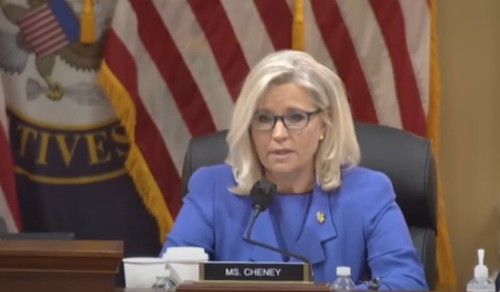
“A new national survey of gig workers in the United States,” Alex N. Press complains at Jacobin, “finds that around one in seven make less than the federal minimum wage. … On a range of measures, gig workers report greater economic hardship than W-2 employees in low-wage retail and food-service work.”
Why? Well, the reasons should be obvious, right? The gig workers, Press notes, are “[d]eprived of labor standards that come with employee status, such as wage and hour protections, antidiscrimination laws, workers’ compensation, health and safety protections, unemployment benefits, and the right to organize and collectively bargain.”
But is that really the problem?
In fact, is there really a “problem” at all?
I can think of two reasons why gig workers might earn less than “employees” that don’t have anything to do with insufficient government intervention on their behalves.
The first reason is, in a word, choice.
Gig workers decide when they work and who they work with. They’re not required to punch a 40-hour clock, put in overtime if they’re tired or have a date, deal on a minute-by-minute basis with management, etc.
In an economy with rock-bottom unemployment, with employers almost literally begging on street corners for people to take those “low-wage retail and food-service” jobs that Press characterizes as better, gig workers CHOOSE to control the means of production themselves instead of knuckling under to wage slavery (I’m sure I’ve heard those phrases associated with Jacobin‘s preferred approach to political economy). They’d rather have more personal freedom of choice than make more money.
The second reason is opportunity differentials.
While it’s not true of all gig workers, it’s probably true of some: Even in the current low-unemployment environment, those “low-wage retail and food-service” jobs are unavailable or unattractive to them for some reason — they just can’t do the job in the way demanded, or perhaps they face prospective wage garnishment (for child support, court judgments, tax claims, etc.) that would eat up most of their earnings.
If I can’t flip burgers but can deliver them on my bicycle, I’ll do the latter rather than the former.
If I can earn $5 an hour as a gig worker (perhaps completely “under the table” — there are ways), or $7.25 in a “low-wage retail and food-service” job, but some creditor can, and surely will, seize $4 an hour of those latter wages, guess which way I’m going to go?
In attacking the gig economy, “progressives” aren’t supporting workers and trying to protect them from exploitation. They’re attacking workers and trying to force those workers back onto what amounts to an exploitative, state-operated plantation where they’ll do as they’re told and gratefully accept whatever crumbs their “progressive” masters deign to graciously feed them.
Thomas L. Knapp (Twitter: @thomaslknapp) is director and senior news analyst at the William Lloyd Garrison Center for Libertarian Advocacy Journalism (thegarrisoncenter.org). He lives and works in north central Florida.
PUBLICATION/CITATION HISTORY


